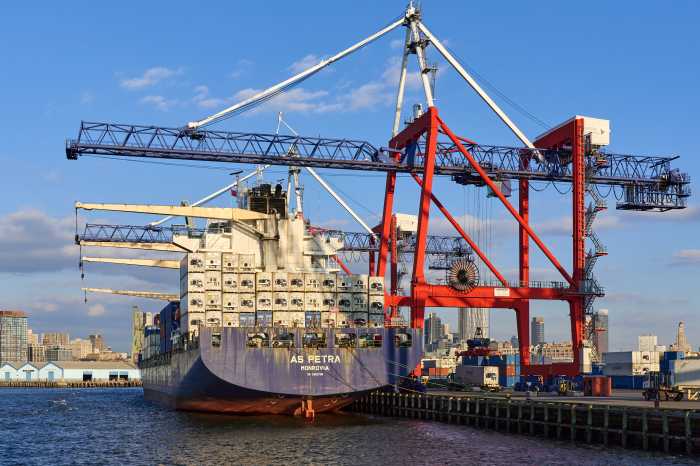American children are having fewer accidents than they once did, and our natural inclination is to cheer the news. The rate of “nonfatal fall injuries” among children ages 5 to 14, for example, declined by more 10 percent from 2001 to 2012. But if fewer childhood falls reflect increasing attempts to safety-proof life, the trend might not be the improvement it seems. Various indicators suggesting reduced dynamism in the U.S. economy can be viewed similarly; our inclination is to celebrate a reduction in job destruction rates, but should we?
Two excellent new books point out that failure has crucial benefits. In “Brilliant Blunders: From Darwin to Einstein — Colossal Mistakes by Great Scientists That Changed Our Understanding of Life and the Universe,” Mario Livio shows how scientific progress occurs when great thinkers take chances on new theories, some of which inevitably turn out to be wrong. While science may seem to move easily from one stunning insight to the next, the process is necessarily messier than that.
A similar theme pervades Bloomberg View columnist Megan McArdle’s “The Up Side of Down: Why Failing Well Is the Key to Success.” McArdle argues that it would be nice “if we could serenely parade from triumph to triumph, but that is not how human beings work.” We are caught in the trap of believing that success involves not failing, when failure is actually necessary to success. She urges us not to build injury-proof playgrounds – – which is what led me to look up those data on childhood accidents — but instead bring back high monkey bars and “let kids learn that the price of reaching lofty heights is the occasional broken arm.” Put McArdle in the category of doubting whether the Centers for Disease Control and Prevention’s National Action Plan for Child Injury Prevention is helping us as much as we might think.
To be clear, no one is in favor of unnecessary harm to children or others. McArdle’s point is that by trying to eliminate all harm, we actually impose more.
What does this have to do with our economic and political condition? For one thing, it may explain why Americans have become less likely to move across state boundaries, and also why rates of job creation and job destruction are falling. These changes make the U.S. economy less dynamic, and that hampers growth.
One reason Americans move around less these days is that in dual-earning couples, one spouse has difficulty accepting a job offer in a new city if the other spouse can’t find employment there. But that seems to explain only a small part of the drop in cross-state mobility. Is it possible instead that a rising fear of failure is helping to make the U.S. population more sclerotic?
My own experience in government, admittedly an anecdotal basis for extrapolation, suggests that, as the political system has polarized over the past several decades, there has been a similar rise in risk aversion among policy makers. After all, what is the point of taking a major policy or political risk if bipartisanship is dead and your party doesn’t dominate the Congress and the White House? Major legislation gets passed only when one party controls the trifecta of the House, the Senate and the White House — as Democrats did when the Affordable Care Act was passed in 2010.
I was raised to believe in government service, and I have spent a significant share of my career in the public sector. But polarization and risk aversion in Washington have so increased the ratio of mudslinging to substance, I can’t imagine ever returning. Similarly, when I am asked by public-minded college students how they can best serve their country, my response unfortunately no longer includes the federal government. I wish I could give different advice.
Both Livio and McArdle point the way forward. We need to embrace failure as a necessary price of growth, in both our economic and political systems. Note that our most dynamic sector — technology — is also the one that is most forgiving of setbacks. Unfortunately, in most other sectors, including government, people seem to be growing less tolerant of failure and imperfection. And that it is ultimately destructive.
A wise observation, often attributed to Winston Churchill, is that success is never final, and failure is never fatal. But that’s only partially right. Failure is not only survivable; it is essential. Future columns will explore what we might do to encourage more acceptance of it.
Meanwhile, put me down in the McArdle camp. I vote for bringing back the high monkey bars.
Peter Orszag is vice chairman of corporate and investment banking and chairman of the financial strategy and solutions group at Citigroup Inc. and a former director of the Office of Management and Budget in the Obama administration.





































